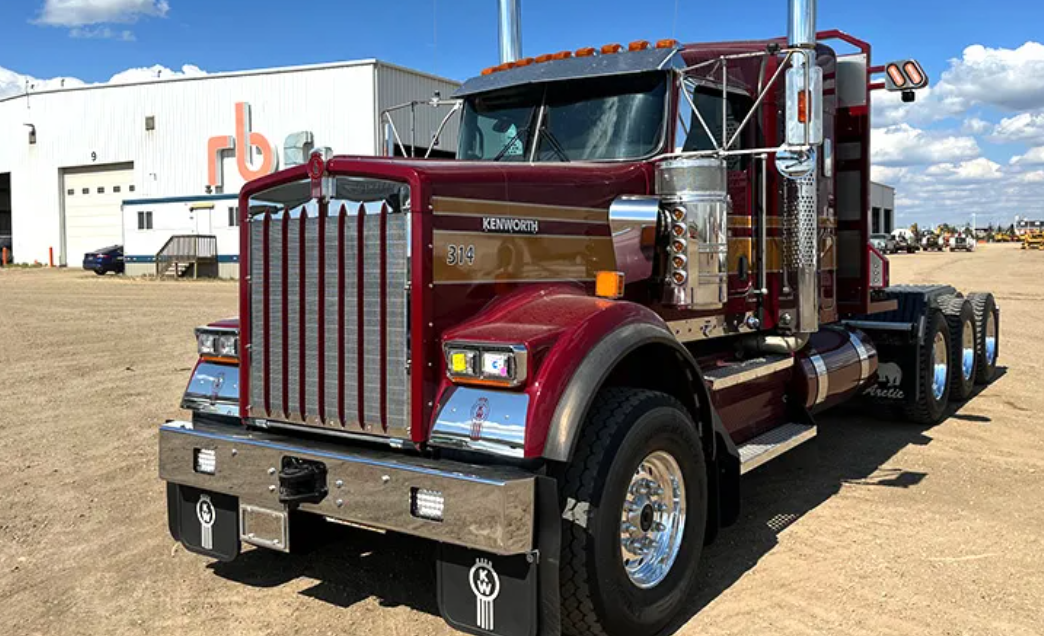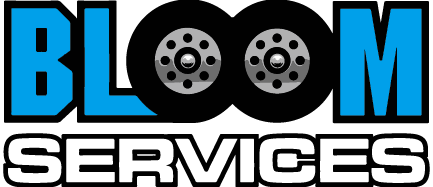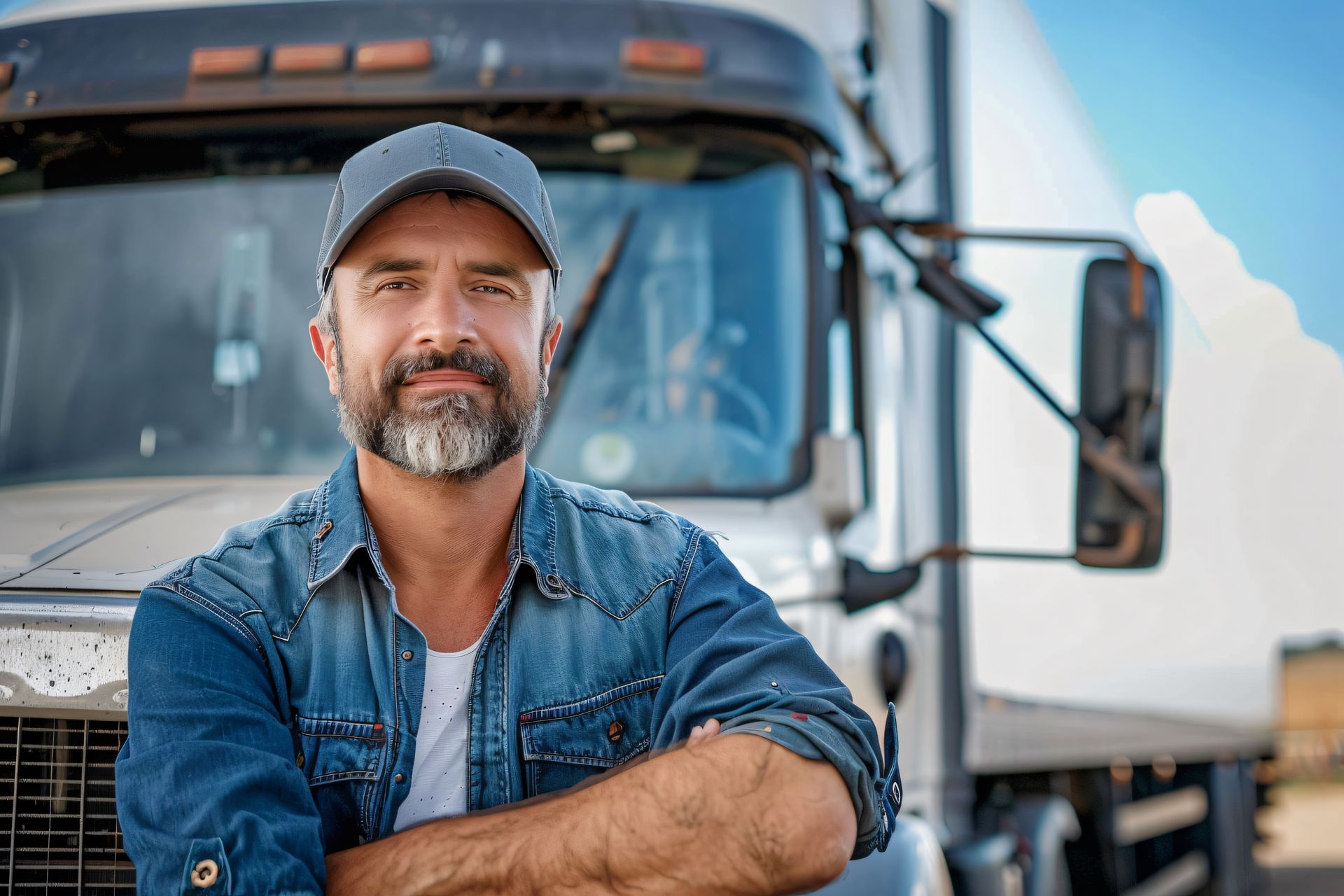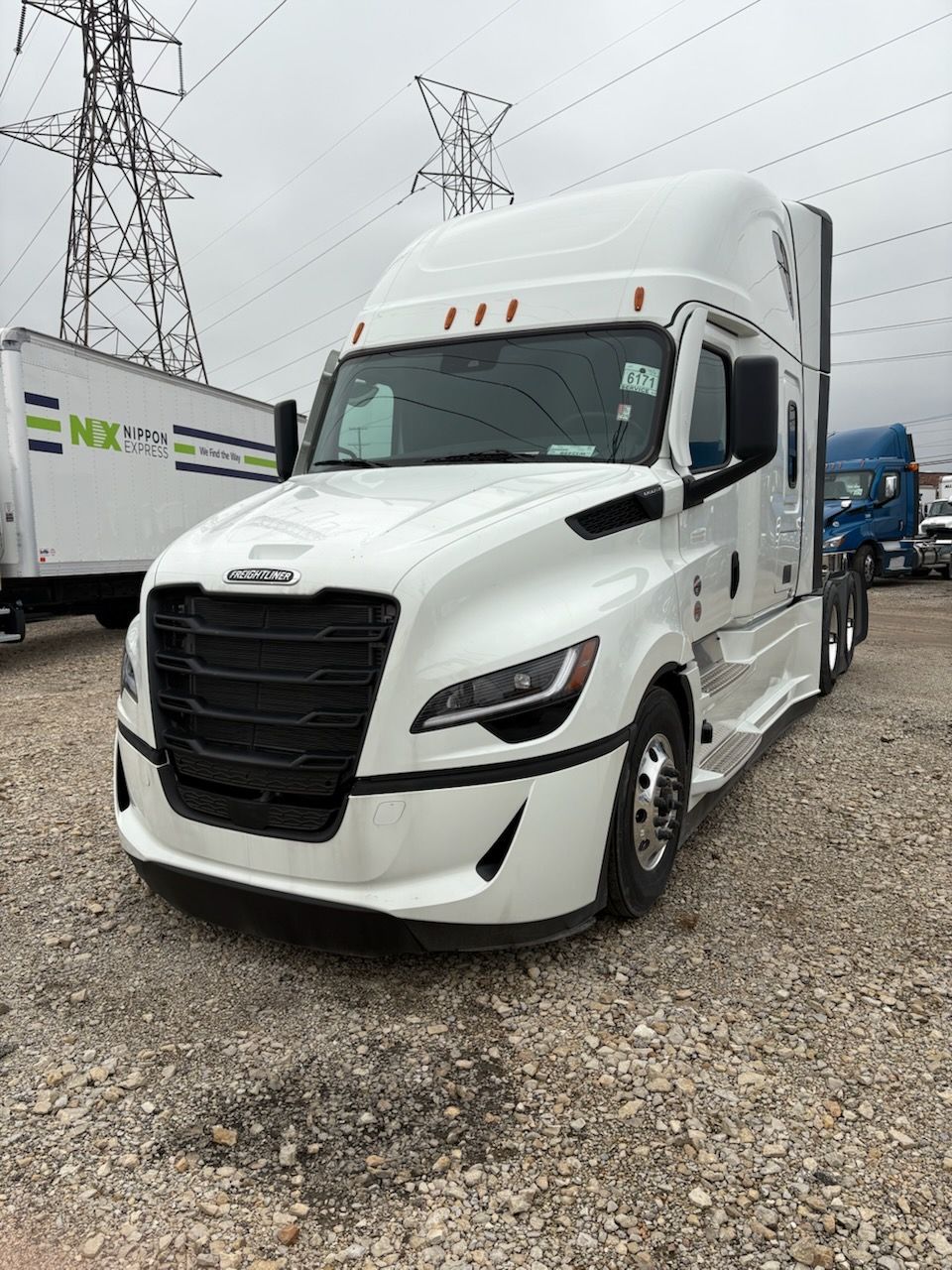Dry Van Trailers
Share this Article:
The Workhorse of OTR Trucking
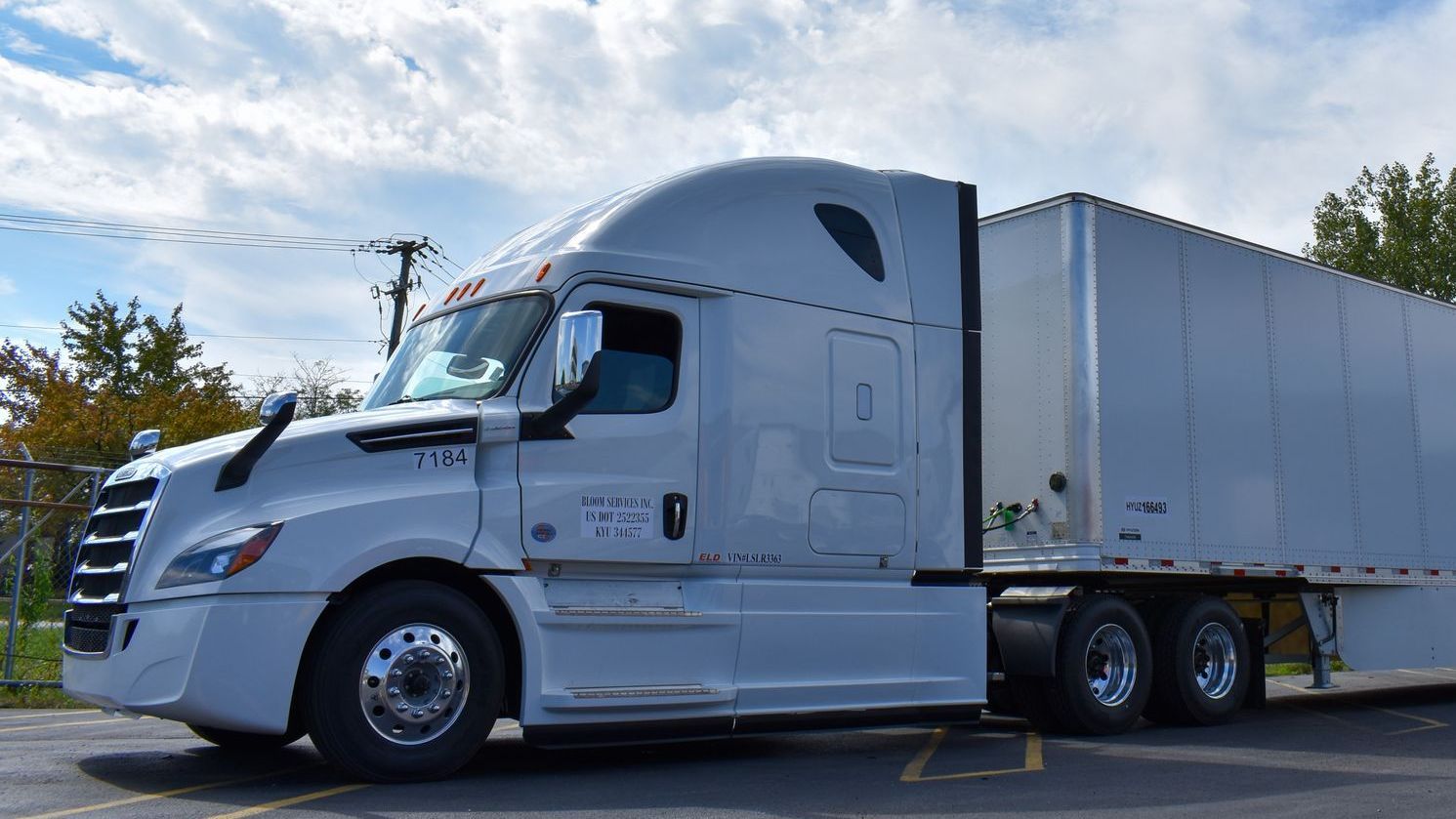
When it comes to Over-the-Road (OTR) trucking, the dry van trailer stands out as an essential piece of equipment. These box-shaped, enclosed trailers are the unsung heroes of the logistics industry, earning their reputation as the “workhorse” for their ability to securely and efficiently transport a vast range of goods. Whether you're a professional driver, a fleet manager, or someone interested in the inner workings of trucking, understanding dry van trailers will highlight why they dominate the roads and supply chains across the nation.
What is a Dry Van Trailer?
A dry van trailer is an enclosed, box-shaped trailer designed to transport goods while offering full protection against external elements like rain, wind, and dust. Unlike refrigerated trailers (commonly known as reefers), dry vans do not have climate control systems, making them ideal for hauling non-perishable goods that don’t require temperature regulation. This simplicity, combined with their versatility and durability, makes dry vans a cornerstone of the trucking industry.
Characteristics of Dry Van Trailers
1. Dimensions
Dry van trailers are designed to maximize cargo capacity while adhering to road regulations. Standard dimensions include:
- Length: 53 feet
- Width: 8.5 feet
- Height: 9 feet
With a spacious interior, dry vans can easily accommodate palletized goods, boxed items, or even large equipment, making them suitable for a wide variety of freight.
2. Cargo Protection
One of the biggest advantages of dry van trailers is their ability to protect cargo from weather and external threats. Their solid, enclosed structure ensures:
- Freight remains shielded from rain, snow, and harsh weather conditions.
- Cargo is safe from road debris and other environmental hazards.
- Enhanced security, as the trailer can be locked and sealed to deter theft.
For shippers prioritizing the safety and integrity of their goods, dry vans provide unparalleled peace of mind.
3. Versatility
Dry van trailers are incredibly versatile, capable of hauling a wide range of goods across multiple industries. Common types of freight transported in dry vans include:
- Electronics and appliances
- Clothing and textiles
- Non-perishable foods
- Furniture and home goods
- Consumer packaged goods
This adaptability allows trucking companies to handle diverse loads, making dry vans a reliable, all-purpose solution.
4. Ease of Use
The straightforward design of dry van trailers makes them a favorite among drivers and shippers. Their flat flooring and wide interior are compatible with forklifts and pallet jacks, simplifying the loading and unloading process. This efficiency reduces time spent at docks and ensures smoother operations for everyone involved.
Why Dry Van Trailers Are Essential in OTR Trucking
Dry van trailers are indispensable to OTR trucking for several key reasons:
1. Wide Applicability
From retail and manufacturing to e-commerce and consumer goods, dry vans cater to nearly every industry, making them a universal solution for freight transportation.
2. Cost Efficiency
Compared to specialized trailers, dry vans have lower purchase and maintenance costs. Their simple design requires minimal upkeep, reducing operational expenses for carriers.
3. Flexibility
Whether on short regional trips or cross-country hauls, dry vans are well-suited for both short-haul and long-haul routes, adapting seamlessly to various freight demands.
Bloom Services, INC
At Bloom we only do use Dry Van trailers and run loads throughout all 48 states. Our drivers average $3,000 plus a week take home pay after all expenses, like fuel, truck rent, etc. If you have Grit, and the endurance to consistently deliver loads and run for at least three weeks at a time, you can take home $150K a year. If you are interested, apply now.
